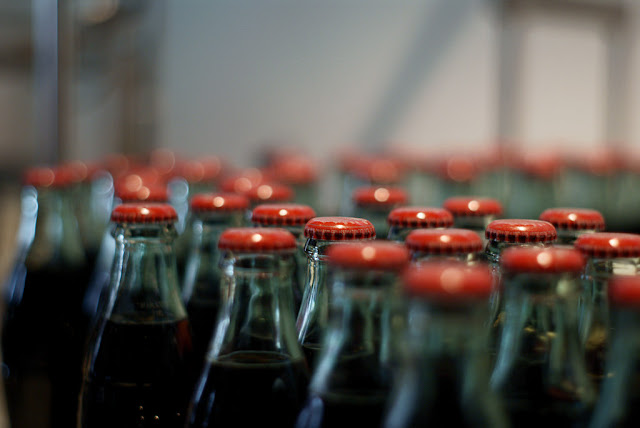What is TRAIN
According to the Department Of Finance's website the "Comprehensive Tax Reform Program (CTRP) or TRAIN is to create a more just, simple, and more effective system of tax collection, as per the constitution, where the rich will have a bigger contribution and the poor will benefit more from the government’s programs and services." Meaning, the rich will be having the big slice of the tax pie while the poor will only have the small portion.
The 6 shades of TRAIN
TRAIN is divided into 6 categories namely;
- Lowering the Personal Income Tax (PIT)
- Simplifying Estate and Donor's Tax
- Expanding the Value Added Tax (VAT) Base
- Increasing the Excise Tax of Petroleum Products
- Increasing the Excise Tax of Automobiles
- Introducing an Excise Tax for Sugar-sweetened Beverages (SSB)
I will only discuss the categories highlighted above, as these are the points I find more important and can directly impact us.
The PIT

Below is the 3 year Tax implementation Table (2018 - 2020)
Annual Taxable Income (ATI) | Tax Rate (TR) |
| 0 – 250,000 | 0% |
| More than 250,000 – 400,000 | TR = ((ATI – 250,000) x 20%) |
| More than 400,000 – 800,000 | TR = ((ATI – 400,000) x 25%) + 30,000 |
| More than 800,000 – 2,000,000 | TR = ((ATI – 800,000) x 30%) + 130,000 |
| More than 2,000,000 – 5,000,000 | TR = ((ATI – 2,000,000) x 32%) + 490,000 |
| More than 5,000,000 | TR = ((ATI – 5,000,000) x 35%) + 1,450,000 |
Excise Tax of Petroleum Products

| Fuel Products | Current Tax System | 2018 | 2019 | 2020 |
| Diesel per liter Kerosene per liter | None | 3 | 5 | 6 |
| Regular Gasoline per liter | 4.35 | 7 | 9 | 10 |
| Premium Gasoline per liter | 5.35 | 7 | 9 | 10 |
| LPG per liter | None | 3 | 5 | 6 |
Excise Tax of Automobiles

| Net Manufacturing / Importation Price (IP) | Current Tax System | New Tax System |
| Up to 600,000 | 2% | 4% |
| More than 600,000 – 1,100,000 | ((IP – 600,000) x 20%) + 12,000 | ((IP – 600,000) x 40%) + 24,000 |
| More than 1,100,000 – 2,100,000 | ((IP – 1,100,000) x 40%) + 112,000 | ((IP – 1,100,000) x 80%) + 224,000 |
| More than 2,100,000 | ((IP – 2,100,000) x 60%) + 512,000 | ((IP – 2,100,000) x 120%) + 1,024,000 |
Excise Tax on Sugar-Sweetened Beverages

- The proposed excise tax rate is between P5 to P10 per liter depending on the ingredients and amount of sweetener used. The rate will be adjusted based on cumulative inflation.
- Products Affected:
- Sugar-sweetened juice drinks
- Sugar-sweetened tea and coffee
- All carbonated beverages that is mixed with sugar, whether caloric or non-caloric sweeteners
- Flavored water
- Energy and sports drink
- Other powdered drink
- Cereal and other grain beverages
- Other non-alcoholic beverages mixed with sugar
If you want to dive deep into this topic, you can visit the Department of Finance website.
